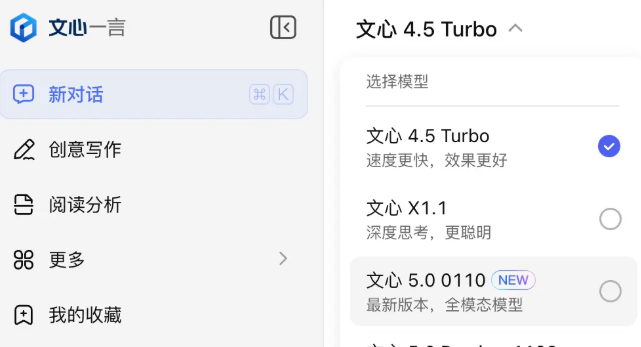Google Expands AI Search Features Amid Rising Competition
At its annual I/O Developers Conference, Google made a bold move to reinforce its search engine dominance by introducing AI Mode, its most advanced artificial intelligence search feature yet. This comes as the tech giant faces mounting pressure from emerging competitors and shifting market dynamics.

The new AI Mode represents a significant leap in search technology, offering enhanced reasoning abilities and multi-modal capabilities. Unlike traditional search results, it can process follow-up questions to deliver more precise answers while still providing web links for verification. Users will soon access this feature through a dedicated tab in search results or directly via the Google app's search bar.
Elizabeth Reid, Google's VP of Search, shared impressive early test results: "Since we began piloting AI Mode earlier this year, we've seen remarkable improvements in both result quality and user satisfaction." The company reports that similar AI features like AI Overview have already boosted search frequency by over 10% in key markets including the U.S. and India.
However, Google's position isn't unchallenged. Recent comments from Apple about potentially integrating AI-driven search into Safari browsers sent Alphabet's stock tumbling 7%. Market analysts interpret this reaction as investor anxiety about how conversational AI might disrupt Google's lucrative search advertising model.
"The landscape is changing faster than anyone predicted," noted Mark Shmulik, Bernstein analyst. "While Google still leads in AI research, competitors are carving out niches where traditional search falls short."
Google's financial disclosures suggest some reassurance - the company claims AI Overview monetizes at rates comparable to conventional search ads. The tech giant also previewed upcoming enhancements powered by a customized Gemini 2.5 model for U.S. users.
Among the most innovative features demonstrated was deep search, which can execute hundreds of queries simultaneously to synthesize comprehensive reports with proper citations. Another standout - real-time search - enables camera-based interactions for more intuitive queries.
As these technologies roll out, industry watchers question whether Google can maintain its decades-long search supremacy. With Microsoft-backed OpenAI making strides and Apple potentially entering the fray, the coming years may redefine how we find information online.
Key Points
- Google introduced AI Mode featuring advanced reasoning and multi-modal capabilities
- Competitor moves like Apple's potential AI search integration caused market jitters
- Early metrics show improved engagement with existing AI features like AI Overview
- New deep search and real-time camera interaction features demonstrate technical leadership
- Industry analysts debate whether traditional search models can withstand AI disruption


